A recent investigation by the Bureau of Investigative Journalism and the Platform to Protect Whistleblowers in Africa has revealed that environmentalists in the Democratic Republic of Congo (DRC) who sought to expose profiteering in protected land faced threats, violence, and rape. The findings have significant implications for the DRC's conservation efforts and the companies involved in the exploitation of protected areas.
According to the investigation, the DRC government hired conservation worker Kim Rebholz in 2022 to safeguard the Mangrove Marine park, an internationally recognized nature reserve on the country's tiny coastline. Rebholz had hoped to extend the protected area across the region, but his efforts were met with resistance from companies involved in logging, smuggling, and pollution.
Financial details reveal that the DRC government had allocated $10 million to protect the Mangrove Marine park in 2022, but a significant portion of this funding was diverted to companies involved in the exploitation of protected areas. The investigation found that these companies had made millions of dollars in profits from the sale of timber, fish, and other natural resources extracted from the park.
Market impact was significant, with the DRC's conservation efforts being severely compromised. The Mangrove Marine park is home to manatees, dolphins, and other endangered species, and its degradation has far-reaching consequences for the country's ecosystem and biodiversity. The investigation found that the park's protected area had been reduced by 30% due to the activities of companies involved in the exploitation of protected areas.
The companies involved in the exploitation of protected areas in the DRC include several international conglomerates, including a major logging company that had made $50 million in profits from the sale of timber extracted from the park in 2022. Another company, involved in the smuggling of fish and other marine resources, had made $20 million in profits from the sale of these resources in the same year.
The company background of the major logging company involved in the exploitation of protected areas is that of a multinational conglomerate with operations in over 20 countries. The company has a market capitalization of $5 billion and is listed on the New York Stock Exchange. The company's CEO has a reputation for being ruthless in his pursuit of profits, and the company has been involved in several high-profile scandals in the past.
The future outlook for the DRC's conservation efforts is uncertain, with the government facing pressure from companies involved in the exploitation of protected areas to continue to allow their activities. However, the investigation has sparked a renewed sense of urgency among environmentalists and conservationists, who are calling for greater accountability and transparency in the DRC's conservation efforts.
In conclusion, the investigation has revealed a complex web of corruption and exploitation in the DRC's conservation efforts, with significant financial and market implications. The findings have significant implications for the DRC's ecosystem and biodiversity, and highlight the need for greater accountability and transparency in the country's conservation efforts.




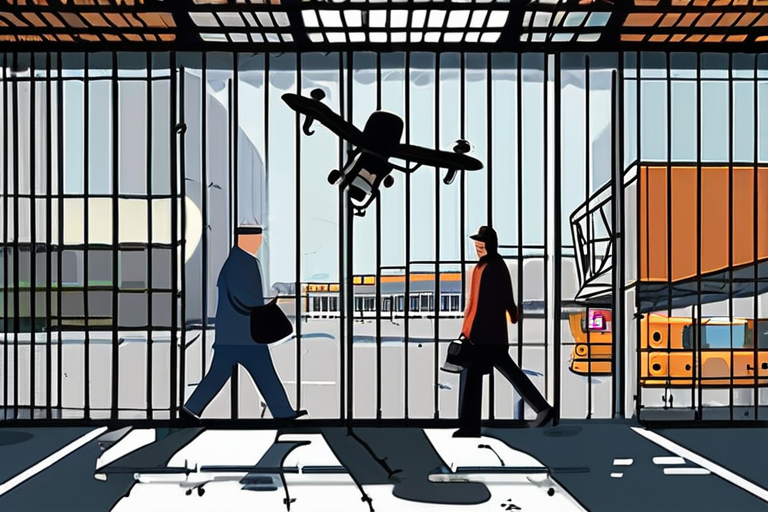


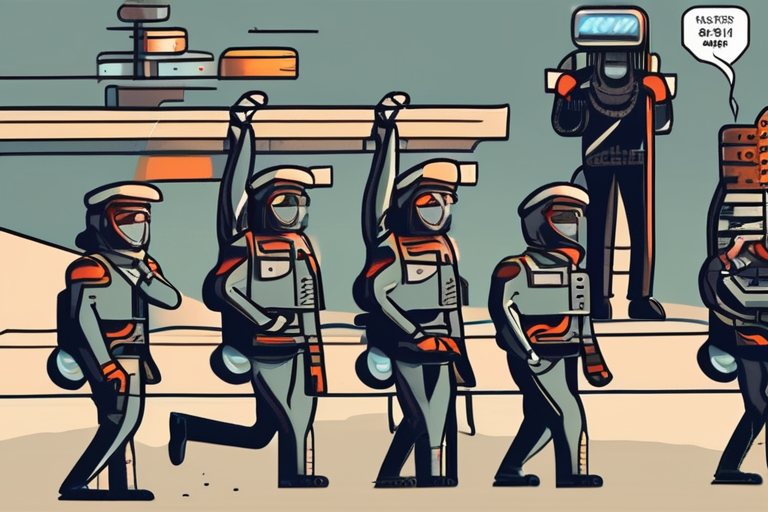





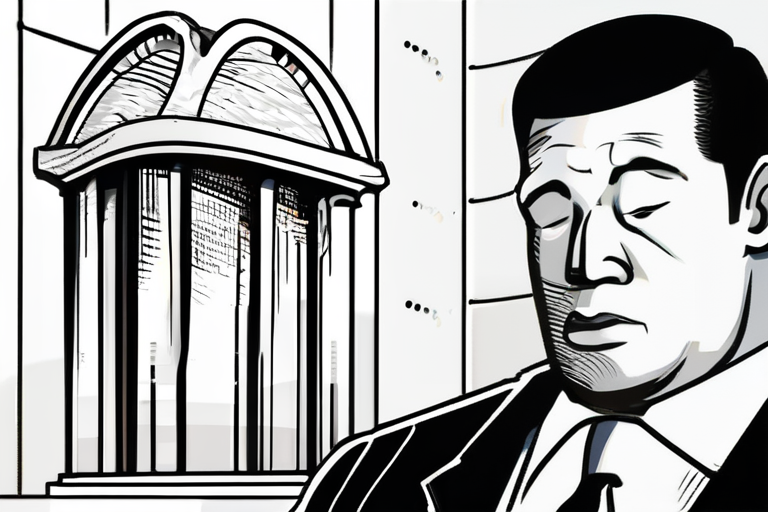
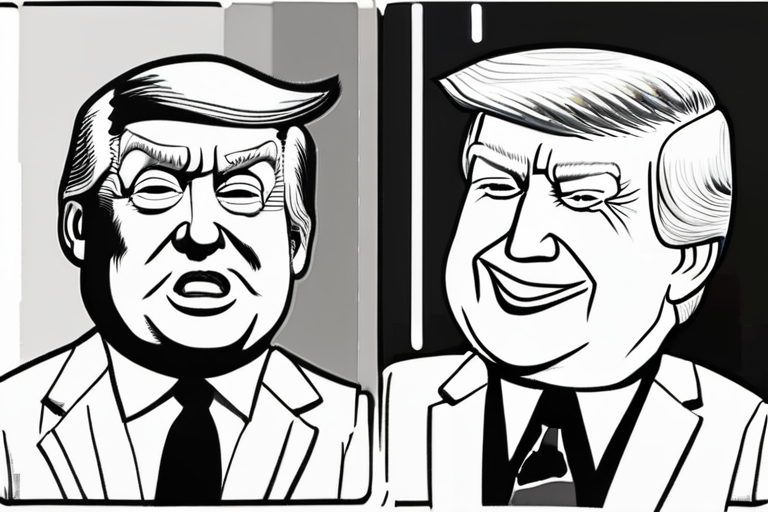


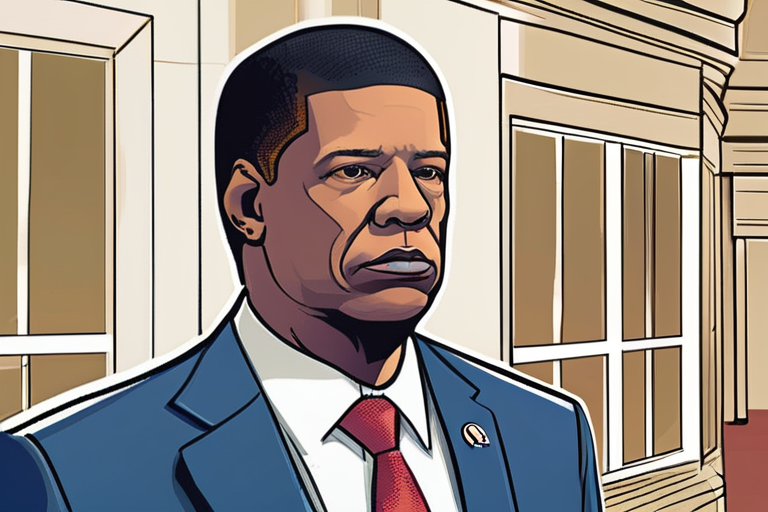




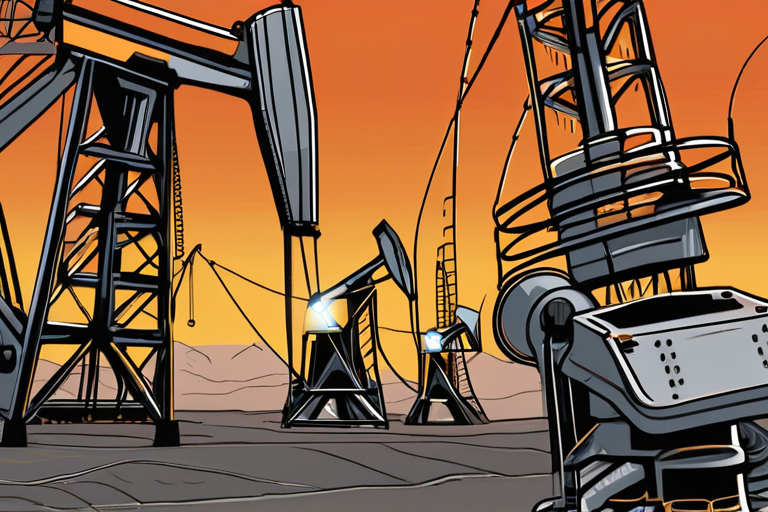



Share & Engage Share
Share this article